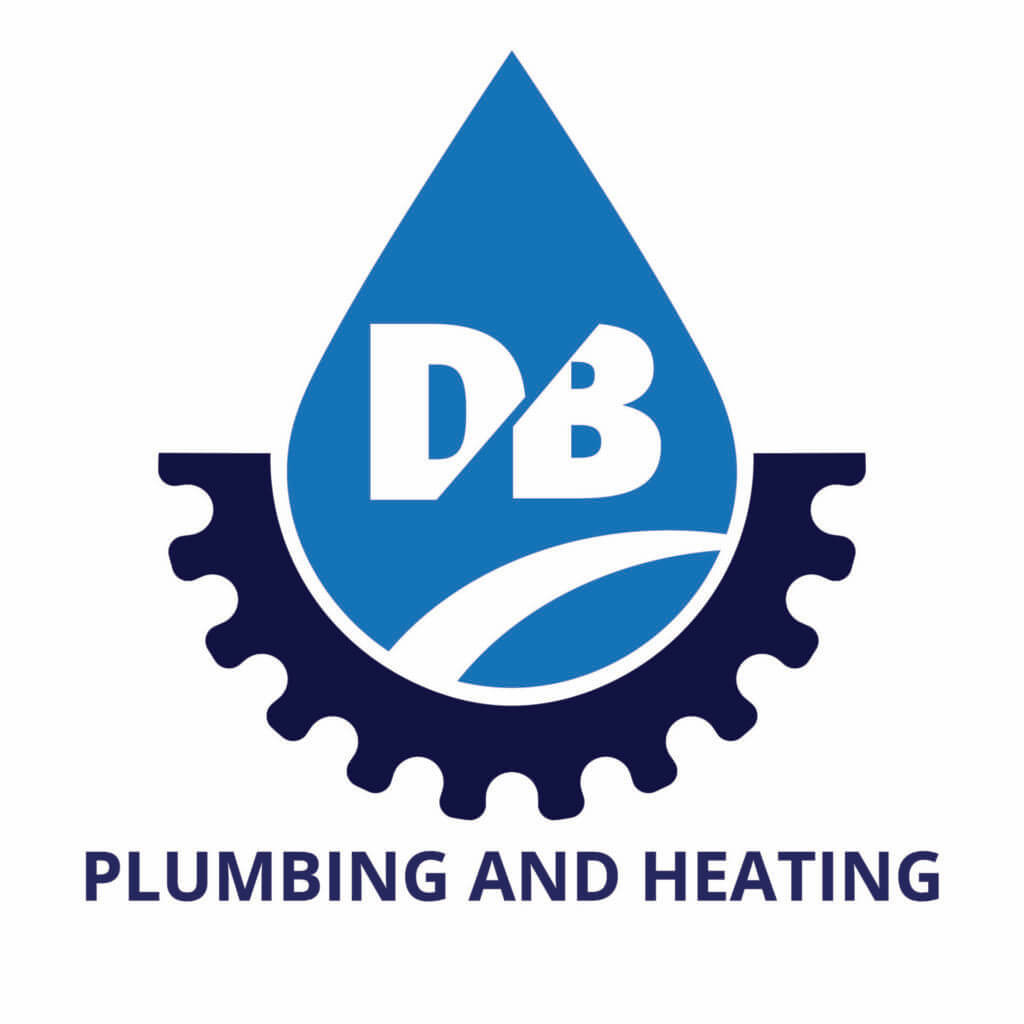Emergency Services - Open 24/7
Located In Nutley, NJ
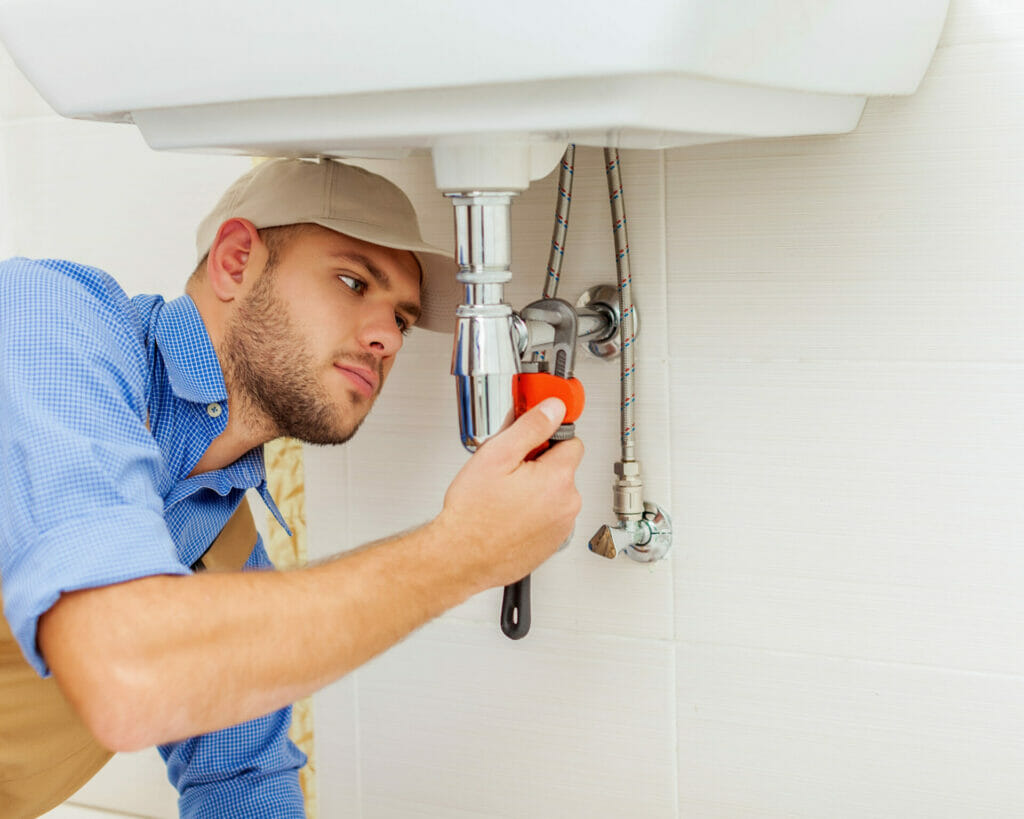
Imagine waking up one morning, excited to start your day, but when you step into the bathroom you're greeted with a leaky faucet that's been keeping you up all night. Annoying, right? Well, that's just one of the many plumbing issues that can catch us off guard and turn a great day into a plumbing nightmare.
We've all been there! That's why having a well-functioning plumbing system is absolutely crucial for a stress-free and smooth-sailing home life.
From leaky faucets to clogged drains, plumbing problems can be a real headache. As a homeowner, you've probably faced your fair share of such issues and it's not always easy to deal with them, especially if you're not sure where to start.
But fear not, because this blog is here to unlock the secrets of efficient plumbing repair and maintenance with the goal of saving you time, money, and those precious moments of frustration.
You might be wondering, "Why should I bother with all this plumbing stuff?" Well, friend, that's where the importance of a well-maintained plumbing system comes into play. A functioning plumbing system is the backbone of any home responsible for delivering clean water, disposing of waste, and ensuring your showers stay hot and your toilets keep flushing.
It's the unsung hero that keeps your household running smoothly, and when something goes awry, it can throw everything out of whack. But don't worry, we're here to equip you with the knowledge you need to tackle common plumbing issues like a pro and keep your plumbing in tip-top shape.
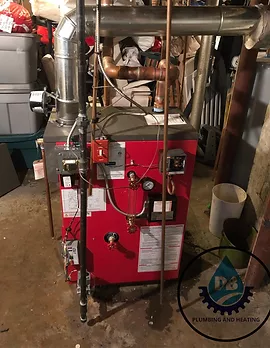
Before we dive into the secrets of efficient plumbing repair, let's take a moment to understand the heart and soul of your home – the plumbing system.
You might not think about it much, but your plumbing system plays a vital role in your daily life, making sure water flows where it's needed and waste disappears without a trace.
In this section we'll walk you through the basics of residential plumbing systems, the key components that keep things running, and how it all works together seamlessly.
Alright, let's get down to the nitty-gritty of your home's plumbing system. You see, your plumbing isn't just a maze of pipes hidden behind walls; it's a complex network responsible for water supply and waste disposal throughout your house. It's like the lifeline of your home, making sure water reaches your faucets, showers, and toilets while whisking away all that dirty stuff. So, how does it all come together?
Picture this: water flows into your house through the main water supply line, usually from the city's water source or a well. Then, it's directed to various parts of your home through a series of pipes. The water pressure keeps things moving smoothly, allowing you to take a refreshing shower after a long day or wash dishes without any hassle.
On the flip side, your plumbing also deals with waste removal. When you flush the toilet or wash things down the sink, that waste travels through another set of pipes, eventually connecting to the main sewer line.
Now that you have an overall idea of how your plumbing works, let's talk about its key players. First up, we have the water supply lines. These pipes bring in the freshwater you need for cooking, cleaning, and everything in between. Then, we've got the drainage system, which handles the not-so-clean stuff, taking it away to the sewer or a septic tank.
But wait, there's more! Your plumbing system also boasts fixtures like faucets, toilets, sinks, and showers. They're the endgame, where you get to experience the joy of running water and bid farewell to the waste.
And let's not forget about the essential valves – they help you control the flow of water throughout your home, making repairs and adjustments a breeze.
Now, you might be wondering, "How does water know where to go, and why does it sometimes go where it shouldn't?" Great question! Your plumbing system relies on gravity and pressure to keep things in order. Gravity helps with waste disposal, making sure it flows downward, while water pressure pushes clean water through the pipes, delivering it wherever you need it.
But as much as we love our trusty plumbing, it's not invincible. There are a few common vulnerabilities to watch out for. For starters, pipes can develop leaks due to age, corrosion, or freezing temperatures. Clogs are another nemesis, caused by anything from hair and soap scum to foreign objects finding their way down the drain. Being aware of these vulnerabilities will help you stay one step ahead and prevent potential plumbing disasters.
So, there you have it – a basic rundown of your home's plumbing system. Understanding how it all works and recognizing its components will empower you to take better care of your plumbing and handle minor issues with confidence.
Ah, plumbing issues – the ever-present nemesis of homeowners everywhere. But fear not, because in this section we're going to equip you with some super useful plumbing repair techniques. You know those annoying faucet leaks that seem to mock you with each drip? We've got you covered.
How about that running toilet that's wasting water and driving up your bills? Say goodbye to it! Clogged drains? Low water pressure? Leaky pipes? Don't worry, we'll tackle them all! So, let's roll up our sleeves and dive into these top-notch plumbing repair secrets.
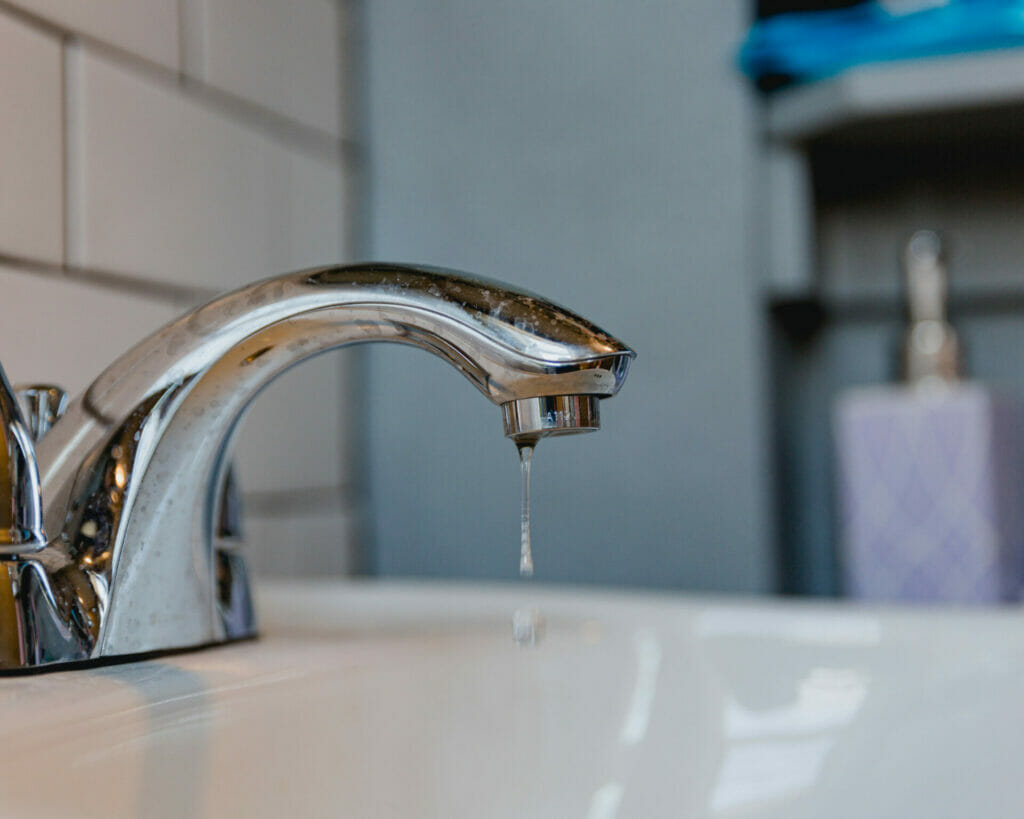
You know the sound – that persistent drip-drip-drip that haunts your dreams and wastes water. A leaky faucet might seem like a minor annoyance but it can add up to a significant amount of water wasted over time.
The good news is that fixing it is often easier than you think. From replacing worn-out washers to tightening loose parts, we'll show you step-by-step how to banish those pesky leaks and get your faucet back to its drip-free glory.
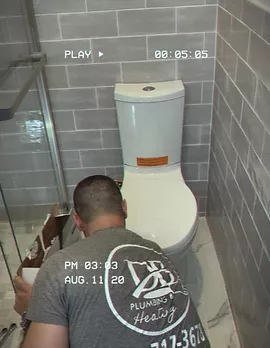
If your toilet has a mind of its own and decides to run endlessly after you flush, it's time to take charge. A running toilet is not only a nuisance but can also inflate your water bill.
The culprit is usually a faulty flapper or a misaligned float, and lucky for you, it's a breeze to fix. We'll walk you through the simple repairs needed to stop that running water in its tracks and ensure your toilet flushes like a charm.
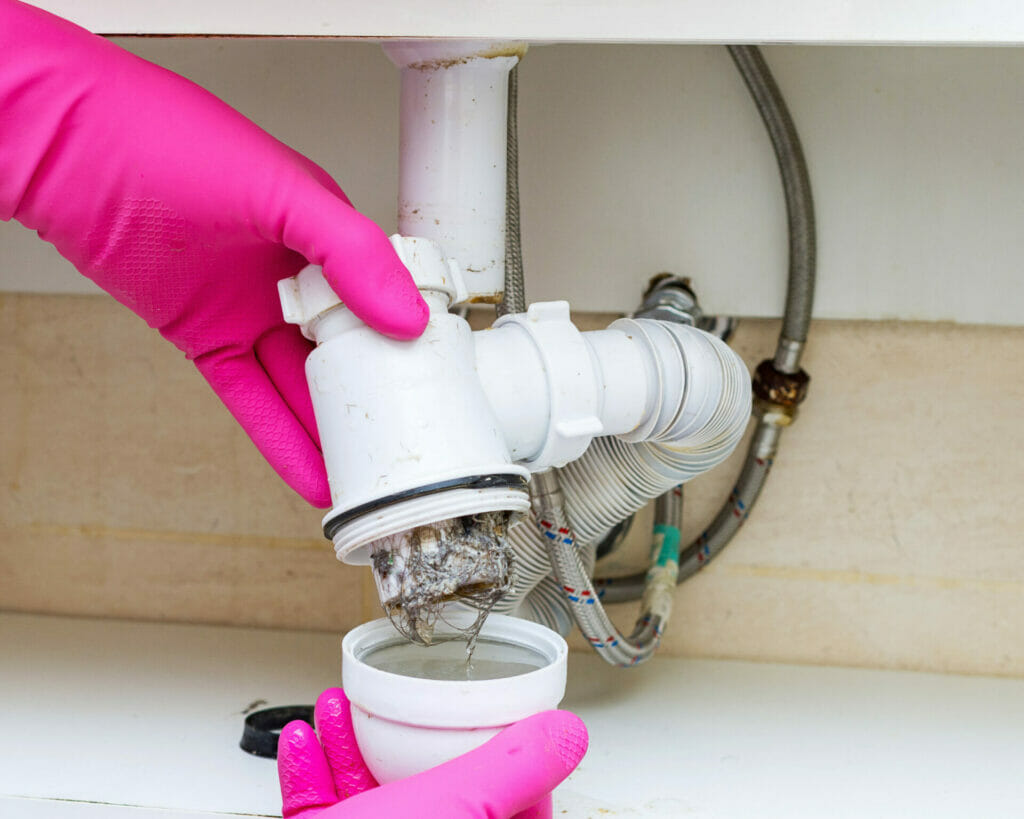
Oh, the frustration of a clogged drain! Whether it's in the kitchen or bathroom, a clog can quickly put a damper on your day. But before you reach for those harsh chemicals, we'll show you some eco-friendly and effective methods to unclog your drains.
From using a trusty plunger to making your own natural drain cleaner, you'll be amazed at how simple it can be to say goodbye to those stubborn clogs.
Is your shower feeling more like a gentle drizzle than a refreshing cascade of water? Low water pressure can be a real mood killer. But don't worry, there are ways to boost that water flow without calling in a plumber. We'll share some tips and tricks to identify the cause of low water pressure and guide you through the steps to get your showers singing again.
Pipe leaks are not only annoying but can also lead to water damage and costly repairs if left unattended. Spotting a leak and fixing it promptly can save you a lot of trouble down the line. We'll teach you how to detect pipe leaks and walk you through the proper techniques to patch them up securely, keeping your plumbing system watertight.
With these top plumbing repair techniques in your toolkit, you'll be better prepared to handle common plumbing issues like a pro. Say goodbye to leaky faucets, running toilets, and clogged drains – you've got the power to take control of your home's plumbing and keep it flowing smoothly. So, let's get hands-on and make those repairs a breeze!
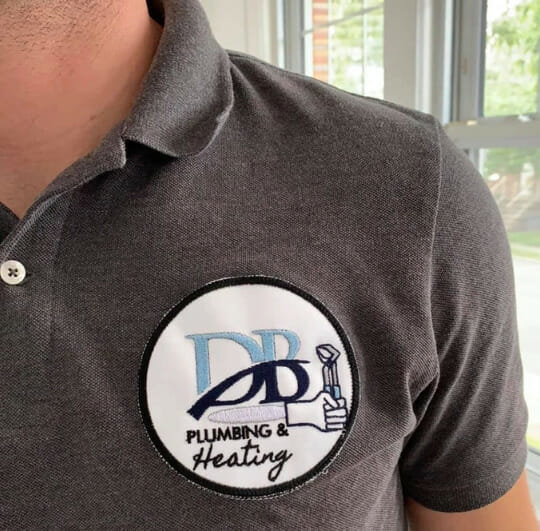
Okay, so we've covered some fantastic DIY plumbing repair techniques, and you're feeling pretty confident, right? That's awesome! But here's the thing – not every plumbing issue can be fixed with a plunger and a little elbow grease. There comes a time when it's best to call in the big guns – a professional plumber.
In this section, we'll help you understand when it's time to hang up your DIY hat and dial up the experts. From knowing the limits of your own skills to recognizing complex plumbing problems, we've got you covered.
So let's find out when it's time to let the pros take the reins!
First things first, it's crucial to know when a plumbing issue is within your DIY realm and when it's time to step back. While some repairs are indeed manageable for homeowners, others might require specialized tools, knowledge, and expertise.
Attempting repairs beyond your comfort zone could lead to more extensive damage and higher repair costs. We'll help you identify the signs that a plumbing problem might be best left to the professionals so you can avoid any DIY mishaps.
Some plumbing problems are like master puzzles, and solving them requires a Sherlock Holmes level of deduction. That's where professional plumbers shine.
They've seen it all and have the experience to pinpoint complex issues that might not be immediately obvious. From hidden leaks within walls to mysterious water pressure fluctuations, these experts have the skills and tools to get to the root of the problem without breaking a sweat.
Why call a plumber when you could attempt a DIY fix? Well, there are plenty of reasons why bringing in a professional is the right move. For starters, their expertise ensures a job well done, saving you time and headaches.
Plus, they can provide long-term solutions that prevent recurring problems. And let's not forget about safety – some plumbing repairs involve dealing with hazardous materials or working in tight spaces. We'll explore the many benefits of hiring a professional plumber to handle your plumbing woes.
So, you've decided to call in a professional – now what? With countless plumbing services out there, finding the right one can feel overwhelming. But fear not! We'll guide you through the process of choosing a reputable and reliable plumbing service.
From checking licenses and certifications to reading customer reviews you'll be armed with the knowledge to make an informed decision and find a plumber who can tackle your specific needs.
Knowing when to call a professional plumber is essential to maintaining a well-functioning home. By understanding the limits of your DIY abilities and recognizing complex issues you'll be able to save time, money, and headaches in the long run.
So, if you ever find yourself knee-deep in a plumbing problem that's just too tricky to handle, don't hesitate to reach out to the experts!
Congratulations on being proactive about your plumbing! Now that you know when to call in the pros, let's focus on keeping your plumbing in tip-top shape through preventive maintenance. Just like giving your car regular tune-ups, your home's plumbing system needs some TLC to stay in top-notch condition.
In this section, we'll share some simple yet effective preventive maintenance tips to keep your plumbing healthy and happy. From regular inspections to best practices and seasonal care, you'll be well-prepared to prevent plumbing problems before they even think about showing up!
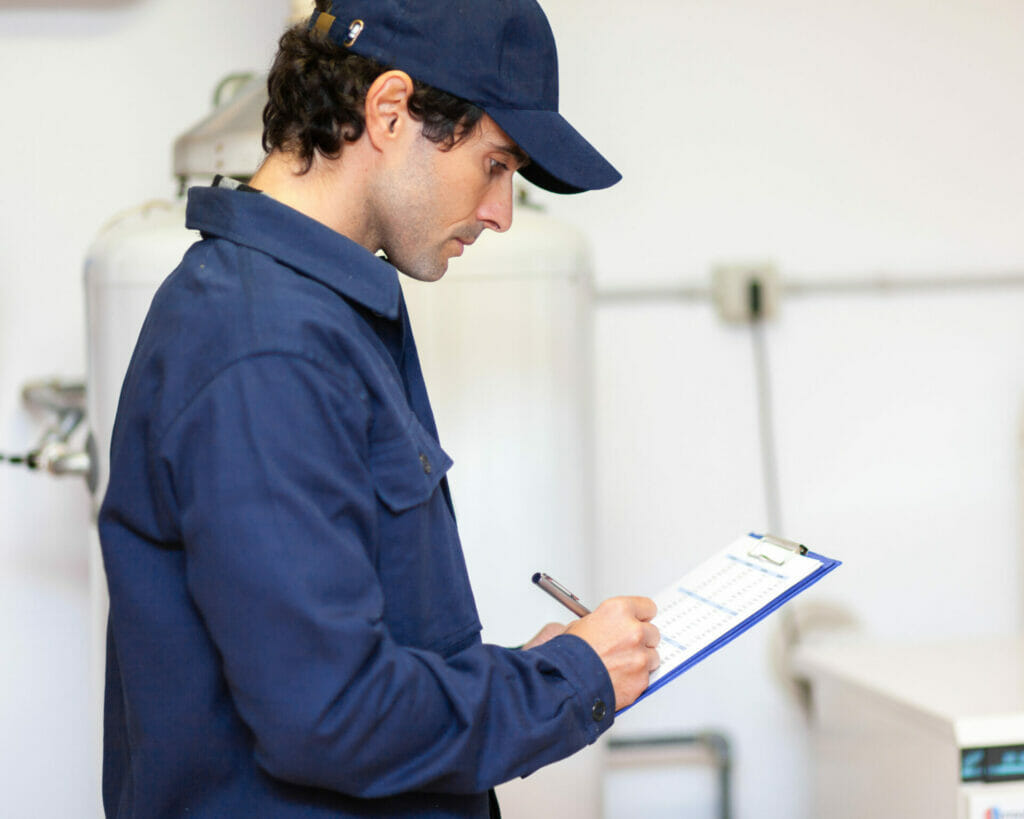
You know what they say, "An ounce of prevention is worth a pound of cure." And that couldn't be truer when it comes to your plumbing. Regular inspections can catch potential issues early on, saving you from costly repairs and water damage down the road.
We'll walk you through a handy maintenance checklist to follow, covering everything from checking for leaks to ensuring your water heater is running efficiently. With this checklist in hand, you'll be the Sherlock Holmes of plumbing, detecting and resolving minor issues before they become major headaches.
Being a plumbing pro isn't just about fixing things when they break – it's about preventing those breakdowns in the first place. We'll share some tried-and-true best practices that will keep your plumbing system humming along smoothly.
From being mindful of what you flush down the toilet to using drain screens to catch debris, these simple habits can make a world of difference in maintaining a healthy plumbing system.
Just like the changing seasons affect our moods, they can also impact our plumbing. As temperatures rise and fall, your plumbing may need a little extra care. We'll guide you through the seasonal plumbing maintenance tasks you should consider.
From preparing your pipes for winter to protecting outdoor faucets in colder months, you'll be well-prepared for whatever Mother Nature throws your way.
By adopting these preventive maintenance tips, you'll not only save money and time on repairs but also extend the life of your plumbing system.
You know what they say – "Out with the old, in with the new!" When it comes to your home's plumbing, sometimes a little upgrade or renovation can work wonders. But hold on, before you start picturing a hefty bill, we've got some great news for you.
In this section, we'll explore cost-effective plumbing upgrades and renovations that not only enhance your home's efficiency but also save you money in the long run.
From energy-efficient fixtures to revitalizing old plumbing systems, you'll discover how these strategic upgrades can be a win-win for both your home and your wallet.
Want to do your part for the environment while cutting down on utility bills? It's time to consider upgrading to energy-efficient fixtures.
From low-flow toilets that conserve water to aerated faucets that reduce water consumption without sacrificing performance, these eco-friendly fixtures are the superheroes of the plumbing world.
We'll dive into the benefits of these upgrades and how they can significantly impact your monthly water and energy bills, all while reducing your carbon footprint.
If your home has been standing tall for a few decades, chances are its plumbing system could use a little love. Renovating old plumbing systems might sound like a daunting task, but it doesn't have to be a complete overhaul.
Simple upgrades like replacing old pipes with modern materials or updating your water heater can make a world of difference. Not only will you improve the efficiency and reliability of your plumbing, but you'll also minimize the risk of costly repairs in the future.
Okay, so we've covered the upgrades themselves but you might be wondering, "Are they really worth the investment?" Absolutely! Strategic plumbing upgrades offer a plethora of long-term benefits that go beyond the initial cost.
You'll experience lower utility bills, reduced water waste, and improved overall efficiency. Not to mention a modern and well-maintained plumbing system adds value to your home, which will come in handy if you ever decide to sell.
So, don't be afraid to embrace these cost-effective plumbing upgrades and renovations. They not only bring a fresh, modern feel to your home but also put money back into your pocket over time. It's time to bid farewell to the old and welcome the new – your wallet and your home will thank you!
Oh no! Plumbing emergencies can be super stressful, but fear not – we've got a step-by-step guide to help you handle them like a champ. So take a deep breath, stay calm, and let's tackle those unexpected disasters together!
When you see water gushing or a pipe bursting it's natural to panic, but keeping your cool is crucial. Take a deep breath, tell yourself you've got this, and try to stay composed. Panicking won't help fix the problem, but a clear head will guide you through the next steps.
Quickly locate the main water shut-off valve in your home. It's usually near the water meter or where the main water line enters your house. Turn it off to stop the flow of water to the affected area. This simple action can save you from further damage and prevent water from spreading everywhere.
Grab some towels, buckets, or even pots to contain the water and prevent it from spreading to other areas. If you can, try to identify the source of the problem, such as a leaky pipe or overflowing toilet and contain it as much as possible.
If you find a minor leak, like a dripping faucet, use a wrench or pliers to tighten the faucet's handle gently. This might temporarily stop the leak until you can get professional help.
If you're unable to stop the emergency or if it's beyond your DIY skills, it's time to call for backup. Contact emergency plumbing services right away. They have the expertise and tools to handle urgent situations and many operate 24/7, so help will be on the way.
While you're waiting for the plumber, take photos or videos of the damage and document the situation. This can be helpful for insurance claims or discussions with the plumbing service.
Ensure your safety by clearing the affected area of any electrical appliances or belongings that could be damaged by water. Safety first!
When the plumber arrives, communicate everything you've observed and done so far. Be open about the issue and any concerns you have. They'll appreciate the information and be better equipped to handle the problem.
Let the expert plumber work their magic. Trust their expertise and let them handle the repairs. It's what they do best!
Remember, plumbing emergencies can happen to anyone but with this step-by-step guide, you're better prepared to face them head-on. Stay calm, follow these steps, and you'll be well on your way to resolving the issue and protecting your home. You've got this!
There you have it – the secrets to efficient plumbing repair and maintenance! We've covered everything from understanding your home's plumbing system and tackling common issues to knowing when it's time to call in the professionals.
With these insights, you'll be able to navigate plumbing challenges with confidence, saving time, money, and headaches along the way.
Your plumbing system is the unsung hero of your home, ensuring clean water flows in and waste flows out. By taking care of it and addressing minor issues promptly, you can prevent major plumbing disasters and keep your household running smoothly.
Remember to conduct regular inspections, implement preventive maintenance practices, and consider cost-effective upgrades to enhance your plumbing system's efficiency.
However, when a plumbing emergency strikes, don't fret. Stay calm, turn off the water, and take the necessary steps to contain the issue until help arrives.
And speaking of help, don't hesitate to call in the professionals when needed. They have the knowledge, skills, and tools to handle complex issues and ensure a job well done.
By equipping yourself with the knowledge and strategies shared in this blog, you've become a plumbing pro in your own right.
You've unlocked the secrets to efficient plumbing repair in your home, allowing you to enjoy a stress-free and smooth-sailing home life. So, embrace your newfound plumbing prowess, and remember – whether it's fixing a leaky faucet or handling a plumbing emergency, you've got this!
Happy plumbing!
54 Brookline Ave
Nutley, NJ
07110
973-337-9916
https://dbplumbingheating.com/
